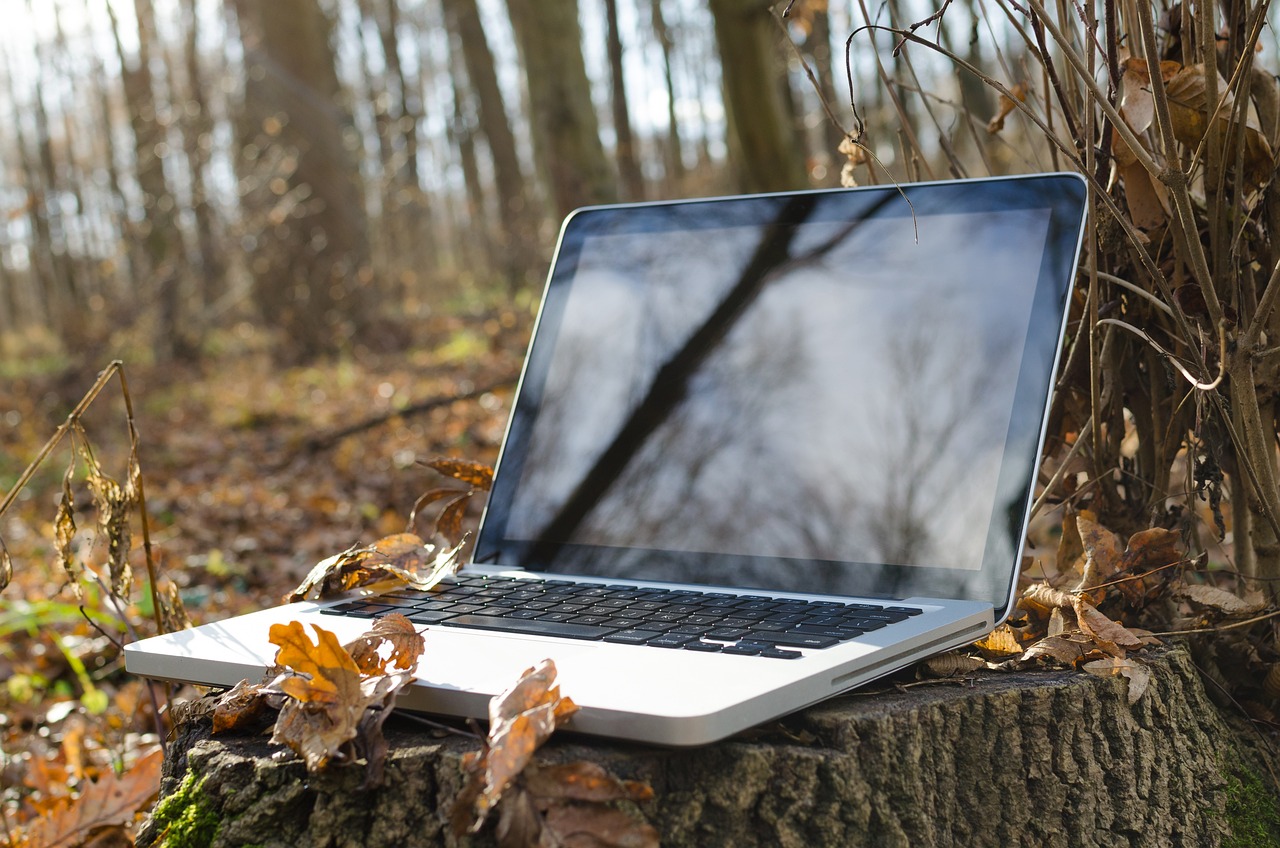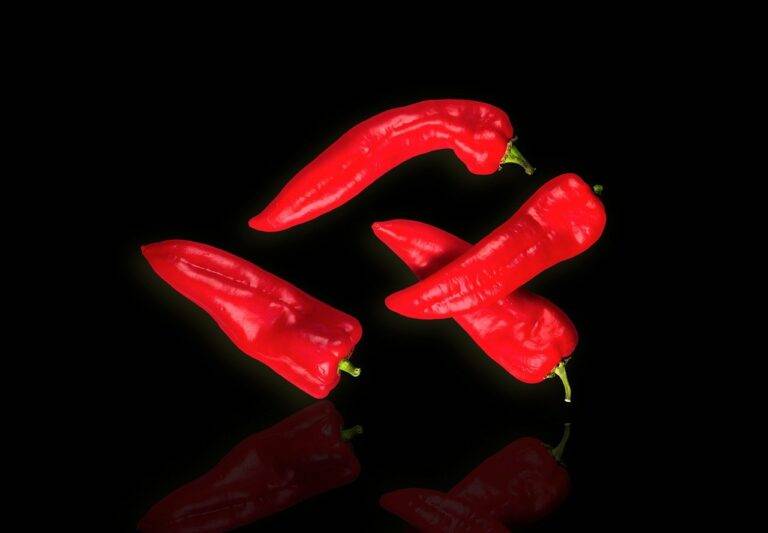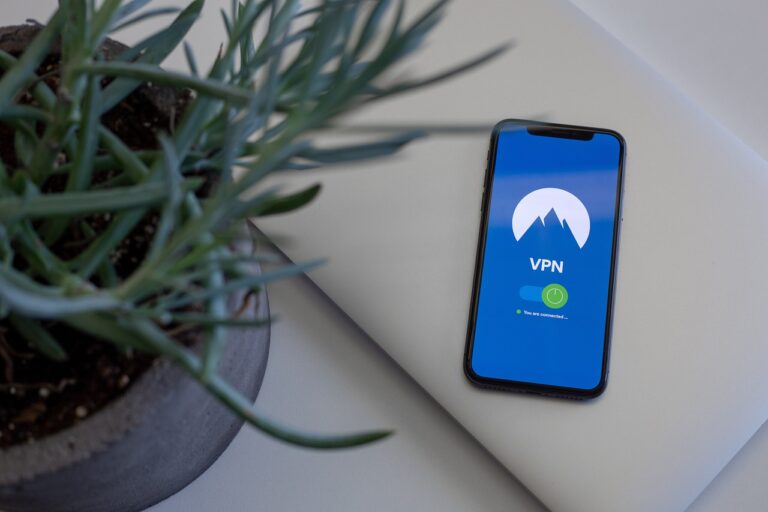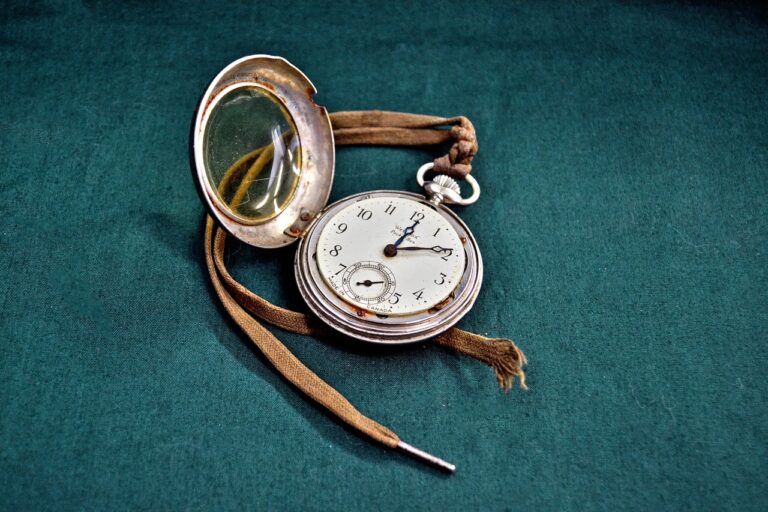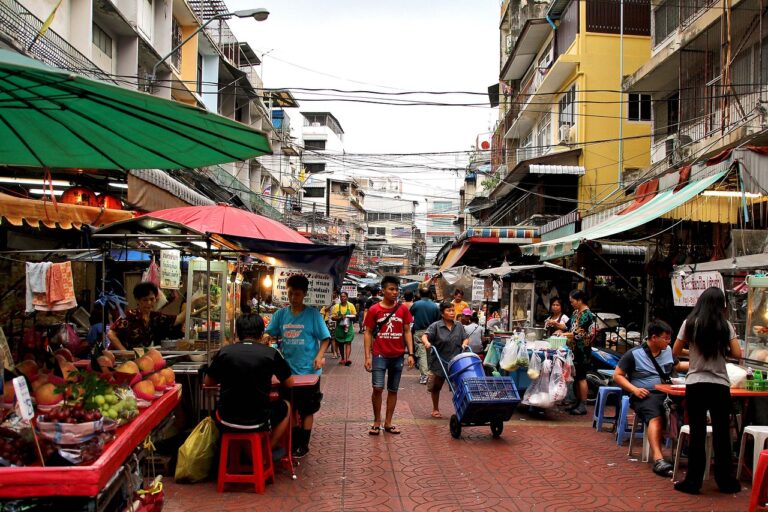Innovations in Sustainable Water Conservation Technologies: Cricbet99.win register, Sky 99 exch, Reddy book club
cricbet99.win register, sky 99 exch, reddy book club: Innovations in Sustainable Water Conservation Technologies
Water scarcity is a pressing global issue that affects millions of people around the world. With increasing populations and climate change, finding sustainable solutions to conserve water has become more crucial than ever. Fortunately, advancements in technology have made it possible to develop innovative water conservation technologies that can help us better manage this precious resource. In this article, we’ll explore some of the latest innovations in sustainable water conservation technologies that are helping to address this critical issue.
Smart Irrigation Systems
One of the most significant water-saving technologies in agriculture is smart irrigation systems. These systems use sensors and weather data to determine when and how much water to apply to crops, thereby reducing water waste and improving crop yields. By only watering plants when necessary, smart irrigation systems can save significant amounts of water compared to traditional irrigation methods.
Rainwater Harvesting
Rainwater harvesting is another sustainable water conservation technology that is gaining popularity in both residential and commercial settings. By collecting rainwater from rooftops and storing it in tanks or cisterns, this water can be used for irrigation, washing cars, and even flushing toilets. Not only does rainwater harvesting help conserve water, but it also reduces reliance on municipal water sources.
Greywater Recycling
Greywater recycling involves treating wastewater from sinks, showers, and laundry machines so that it can be reused for non-potable purposes like irrigation or flushing toilets. This technology helps reduce the strain on freshwater sources by recycling water that would otherwise go to waste. By implementing greywater recycling systems, households and businesses can significantly reduce their water consumption.
Drip Irrigation
Drip irrigation is a water-efficient method of irrigating crops by delivering water directly to the root zone of plants. This targeted approach minimizes water waste by reducing evaporation and runoff. Drip irrigation systems can be tailored to specific crops and soil types, making them a versatile and effective tool for water conservation in agriculture.
Soil Moisture Sensors
Soil moisture sensors are another key technology in water conservation that help farmers optimize their irrigation practices. These sensors measure the moisture content of the soil and provide real-time data to farmers, allowing them to adjust their irrigation schedules accordingly. By only watering when the soil is dry, farmers can save water and improve crop health.
Water-Efficient Fixtures
In residential and commercial buildings, water-efficient fixtures like low-flow toilets, faucets, and showers are essential tools for conserving water. These fixtures are designed to use less water without sacrificing performance, helping to reduce water consumption and lower utility bills. By replacing old fixtures with water-efficient alternatives, buildings can significantly reduce their water usage.
Innovative Water Conservation Technologies are Changing the Game
In conclusion, sustainable water conservation technologies are playing a vital role in addressing the global water crisis. From smart irrigation systems to rainwater harvesting, these innovations are helping us manage water resources more efficiently and sustainably. By embracing these technologies and incorporating them into our daily lives, we can all make a positive impact on water conservation efforts.
FAQs
Q: How effective are smart irrigation systems in conserving water?
A: Smart irrigation systems can reduce water usage by up to 50% compared to traditional irrigation methods, making them highly effective in conserving water.
Q: Are greywater recycling systems safe to use in homes?
A: When properly treated and maintained, greywater recycling systems are safe to use for non-potable purposes like irrigation and toilet flushing.
Q: How can I determine if my soil needs watering with soil moisture sensors?
A: Soil moisture sensors provide real-time data on soil moisture levels, helping farmers and gardeners determine when to water based on the specific needs of their plants.
Q: Are water-efficient fixtures expensive to install?
A: While there is an initial cost to installing water-efficient fixtures, the long-term water savings and reduced utility bills make them a cost-effective investment in the long run.
Q: Can rainwater harvesting be used in all climates?
A: Rainwater harvesting can be implemented in most climates, although regions with low rainfall may require larger storage capacity to make the most of this technology.

